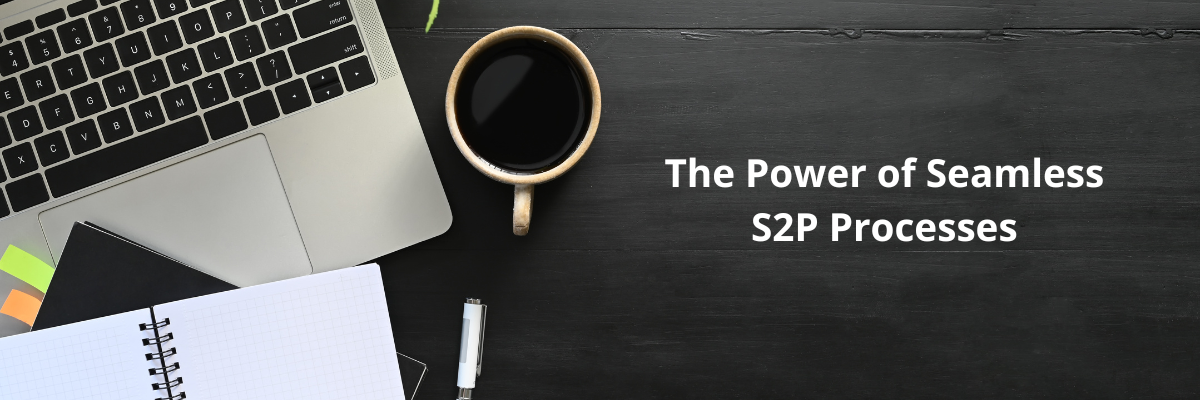Contract Management, though diverse across vendors, centers on three pivotal categories: Negotiation, Analytics, and Governance (NAG). Today, we focus on the ins and outs of the Negotiation process, dissecting its elements into basic and advanced levels.
Negotiation: Beyond The Ink
Negotiation isn't just about the act of signing a contract. Key contract management capabilities, including templating, collaboration, and e‑signature are essential. They need depth and completeness to make a difference.
Basic elements
Including foundational tools and processes, the basic level encompasses the quintessential components of contract negotiation. These elements lay the groundwork, ensuring straightforward contract creation and tracking, and are imperative for any negotiation platform.
- Templates – Support should be available for contract templates, allowing for easy drafts based on set parameters.
- Clause-Based Contract Construction – Tools should accommodate clause libraries, tailored to various regulatory needs and industries.
- Change Tracking – Essential for noting and highlighting changes between contract versions.
- Negotiation Support – From simple email exchanges to sophisticated platforms with AI‑guided suggestions.
- e-Signature Integration – Must recognize and support tools like Adobe or DocuSign.
Advanced elements
Delving deeper into sophisticated functionalities, the advanced level introduces cutting-edge features, automation, and integrations. Tailored for those seeking optimized and streamlined operations, these elements cater to complex negotiation needs, providing an edge in today's rapidly evolving procurement landscape.
- Auto Contract Type & Clause Identification – Allows automatic clause extraction, crucial for supplier-driven documents.
- Auto Clause Suggestion – Suggests clauses based on geography, supplier details, and regulations.
- Collaborative Authoring – Beneficial when input from various expertise areas is required.
- Dynamic Templates – Modern tools can auto-generate starting templates based on predefined criteria.
- MS Office / Email Integration – Seamless editing and communication are achieved with tools like Word and email.
In A Nutshell
Contract negotiation is more intricate than just getting things signed. The best platforms provide both foundational and advanced functionalities, paving the way for a seamless procurement process. As the world of contract management evolves, a robust approach ensures procurement success in our dynamic landscape.
More on Source-to-Pay
Previous article: The Crucial Role of Contract Management
Next article: It's Time for Sourcing
.png)


